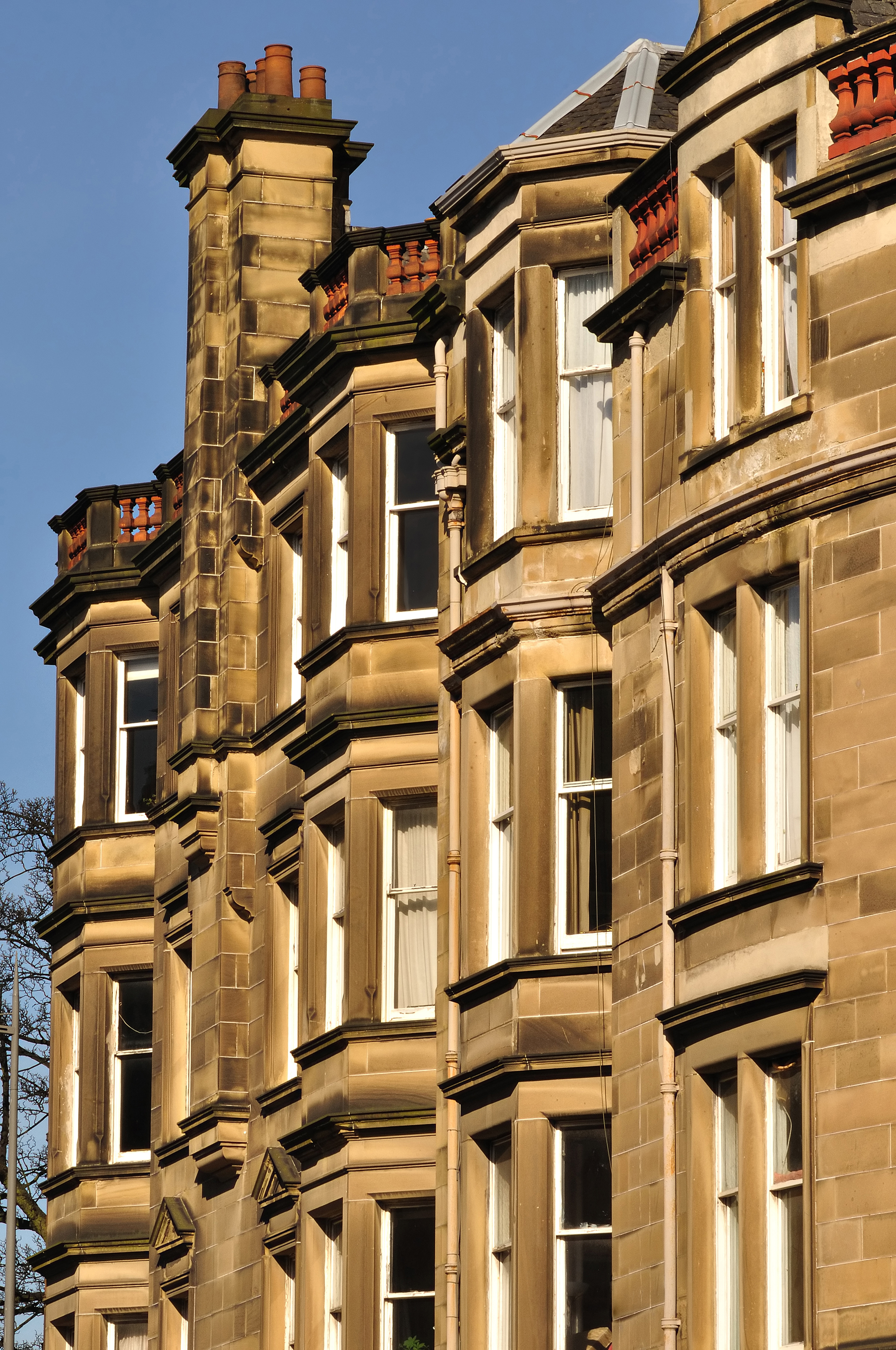Buy To Let
House price growth slows in January, ONS finds

UK house price growth dipped to 8.4 per cent in the year to January 2015, down from 9.8 per cent in the 12 months to December 2014, Office for National Statistics (ONS) figures show.
The latest ONS house price index found that annual house price growth was indicating sluggish activity across nine of the UK regions, with the largest increases experienced in London (13 per cent), the East and the South East (7.6 per cent).
Excluding London and the South East, UK house prices rose by just 6.5 per cent in the year to January 2015.
House prices have failed to reach record levels in any region of England in January 2015, falling back slightly from December 2014 record levels in the West Midlands the East, the South East and the South West.
Stephen Smith, director, Legal & General Mortgage Club and Housing said it was worth bearing in mind that current house prices were much higher than at the start of 2014, with many areas experiencing levels close to their 2007 peak.
“If house prices grow very quickly, then so-called second steppers can find it difficult to move house. This cuts down the supply of homes available for first-time buyers which can then lead to prices rising even further.
“Building more homes across the country is the best way to keep demand and supply in balance and ensure the housing market remains healthy for the future,” he said.
First-time buyers were faced with a jump in the average price of properties in the year to January 2015, with prices increasing by 9.7 per cent, up from an increase of 9.5 per cent in December 2014. Price growth for former owner-occupiers was down to 7.8 per cent in the year to January, compared to 9.8 per cent the following month.
Jonathan Samuels, chief executive of Dragonfly Property Finance added that despite the current slowdown, news of the rate of inflation dropping to 0 per cent could spur the market to bounce back into action.
“With inflation at 0 per cent, a buoyant employment market and highly competitive mortgage rates, the property market may rebound sooner than expected from its current slowdown. Consumers will feel like they’re holding all the cards.
“Once the General Election is behind us, the property market could put the pedal to the floor again. The question is, of course, is this what we want? Almost certainly not is the answer if you place value on price stability,” he concluded.